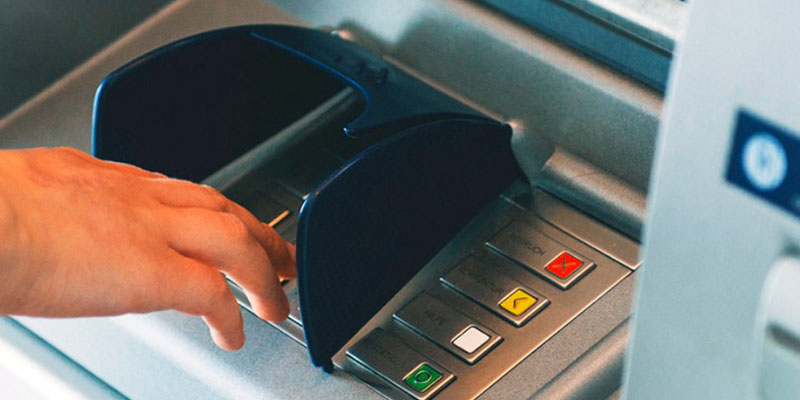Allowances are a great way to teach children responsible financial management from a young age. According to the 13th Annual Parents, Kids, and Money Survey by T. Rowe Price, 75% of parents report giving their children an allowance. 1 If you have children or are planning to have children, researching the practices of other families may help you develop a workable allowance system.
Choosing An Appropriate Amount of Allowance For Children

The allowance you provide your children should be based on several considerations, such as their age and the responsibilities you place on them with the funds. If your kid is younger, you can offer them a weekly allowance equal to their age.
To illustrate, let's say a five-year-old receives $5," Mike Hunsberger, CEO of Next Mission Financial Planning, wrote in an email to The Balance. If you expect them to use the money to pay for more items as they become older, Hunsberger suggests increasing the amount.
If you want your adolescent to be financially responsible, shop for clothes, and pay for most of their extracurricular activities, you may need to set aside $25 weekly.
Comparison of Kids' Jobs to an Allowance

Kids can learn financial independence through allowances and jobs, but they teach different skills. An allowance is a regular sum of money given to a child, regardless of whether or not they have completed any tasks in exchange for it.
Every job has its own set of responsibilities. Rachel Fink, the founder of Parenting Pod, defined an allowance as "money your child receives on a regular basis until you withdraw it for poor conduct or another cause."
On the other hand, a job is defined as a set of duties that must be performed in exchange for payment. A regular stipend can help people become self-sufficient. However, when most of a child's basic needs are met, it may make more sense to compensate them for work. Consider charging them an hourly amount for overtime, maybe based on their age.
Granting an Allowance: Suggestions
Determine what standard chores your children must complete each week for their allowance. Amanda Monschein, the financial advisor at Stratus Wealth Advisors, suggested in an email to The Balance, "You may want to make a visual reminder and place it in a popular location in your house, like the refrigerator." The reminder may, for instance, have a remark to:
- Each morning, make the bed.
- Discard soiled items and keep the floor clean.
- Unpack your backpack after school.
- Put dishes in the sink after each meal.
It's a good idea to check in with your kid once a month to see if anything needs to be adjusted. Once a communication system is in place, children may assume responsibility for chores around the house without needing their parents to "annoy" them.
Guide Children In Developing A Budget For Their Allowance
After settling on an allowance amount, help your children learn how to spend their money wisely. You may, for instance, advise them to set aside a specific amount for regular expenditure, another for savings, and still another for philanthropic giving.
Having these rules in place might assist children from mindlessly spending their stipend. If you start them out with a savings account when they're young, they'll develop a habit that will serve them well later in life when they're saving for big-ticket items like a house or retirement.
The Pros of Giving Children a Monthly Stipend
Giving children a little sum of money each week may teach them valuable lessons about budgeting and work ethic. Eighty per cent of youngsters say they want to be able to make money on their own and talk to their parents about how to do so. 5 And 97% of young people agree that understanding money is crucial.
An allowance program can aid a child's ability to handle money and make sound judgments as an adult. Another benefit is having to rely less on one's parents for financial support. When children have their own spending money, they may learn the value of saving and how to create a budget.
The Verdict
Allowances are a controversial topic, with parents often citing a variety of motivations for deciding whether or not to give them to their children. If you decide to get your children one, it's a good idea to show them how to operate it properly. One topic to cover is the need to encourage people to save money before they spend it.
You may also show children the importance of donating to worthwhile causes by encouraging them to do so with their earnings. The more you have conversations about money with your children, the more prepared they will be to handle their funds when the time comes.











